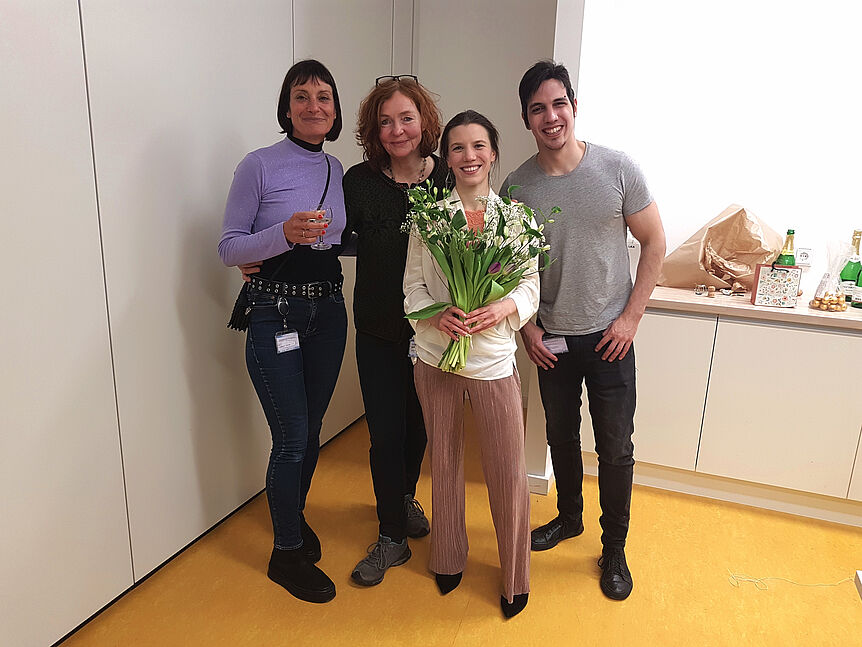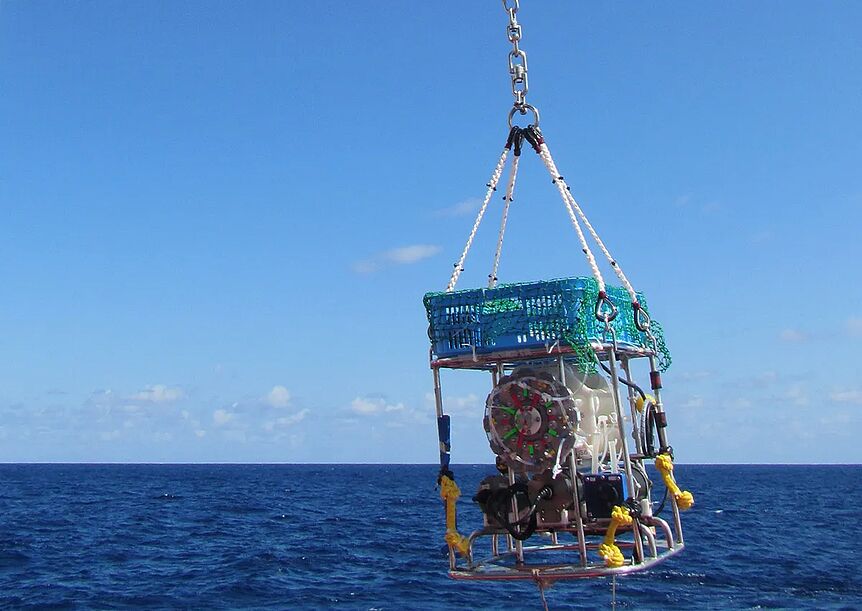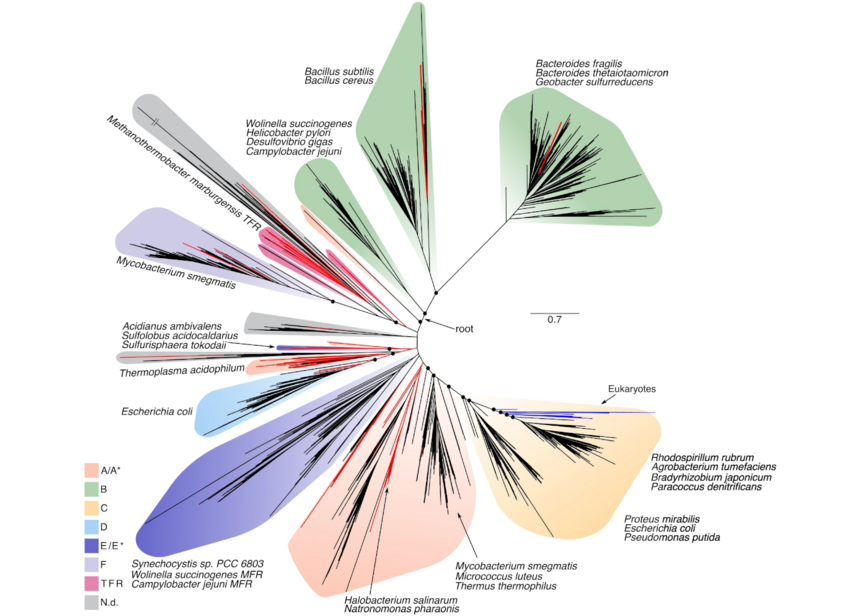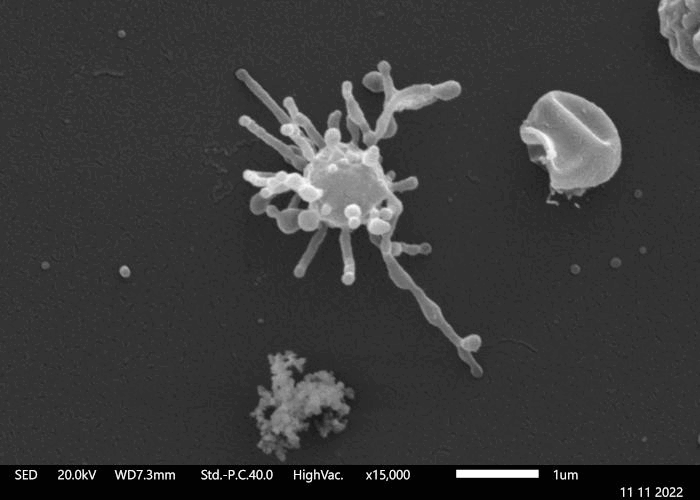Mission Statement
The Department of Functional and Evolutionary Ecology within the Faculty of Life Sciences aims at a mechanistic understanding of ecological and evolutionary patterns and processes from organismic to ecosystem scale. Specifically, we study and teach biodiversity, symbioses, metabolic pathways, ecophysiology and ecosystem functioning in light of environmental change.
Units
Archaea Biology and Ecogenomics
Christa Schleper - Archaea Ecology and Evolution
Silvia Bulgheresi - Environmental Cell Biology
Simon Rittmann - Archaea Physiology & Biotechnology
Filipa Sousa - Genome Evolution and Ecology
Christian Griebler - Groundwater Ecology
Katrin Attermeyer - Carbocrobe
Hubert Keckeis - Fish Ecology
Michael Schagerl - Phycology
Wolfram Weckwerth - Systems Theory in Ecology and Biology
Palak Chaturvedi - Crops in a Changing Climate Environment
Ingeborg Lang - Structural and functional plant cell biology
Markus Teige - Plant signalling
Steffen Waldherr - Computational methods for systems biology
Stefanie Wienkoop - Plant-Microsymbiont Interaction
Bio-Oceanography and Marine Biology
Monika Bright - Marine Benthic Ecology
Gerhard Herndl - Microbial Oceanography
Thomas Reinthaler - Marine Microbial Biogeochemistry


































